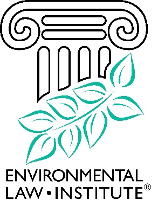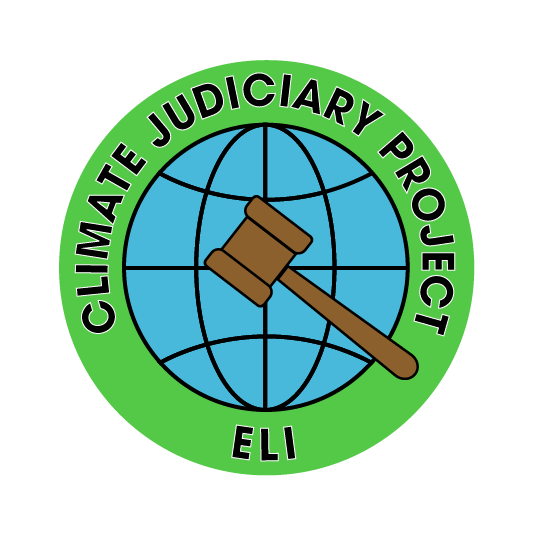Days & Times
10 a.m. Hawaii / 11 a.m. Alaska / Noon Pacific / 1 p.m. Mountain / 2 p.m. Central / 3 p.m. Eastern
Duration: 75 minutes
Course Location
Online
A growing number of lawsuits associated with climate-driven impacts are challenging governments and business for failure to prepare for the foreseeable harms to people and infrastructure, such as those caused by cyclonic storms. As the effects of climate change, including stronger hurricanes, become clearer, courts are being called on to address responsibility for risk reduction, or to apportion responsibility for loss and damage resulting from climate change. In the wake of an explosion of a chemical facility that flooded during Hurricane Harvey, there were several cases brought by Harris County and others against chemical manufacturer Arkema for failing to prepare sufficiently for the storm. Cases are also being brought in anticipation of future harms, as in Conservation Law Foundation v. Shell Oil Products US. As climate science improves, event attribution studies are now able to quantify the link between human activity and extreme weather events like hurricanes, droughts and heatwaves. As a result, the legal duties of those responsible for keeping people, the built environment and the natural world safe are changing as well and judges are increasingly seeing related litigation.
In this 75-minute webinar, Dr. Kerry Emanuel—one of the world’s preeminent cyclone experts—will discuss how climate change can influence hurricanes and how society can prepare for them in a warming world. Dr. Emanuel will be joined by Hawai'i Supreme Court Chief Justice Mark Recktenwald for questions about the intersection of hurricane science and the law.
This webinar is presented free of charge and with support from the Environmental Law Institute.


A growing number of lawsuits associated with climate-driven impacts are challenging governments and business for failure to prepare for the foreseeable harms to people and infrastructure, such as those caused by cyclonic storms. As the effects of climate change, including stronger hurricanes, become clearer, courts are being called on to address responsibility for risk reduction, or to apportion responsibility for loss and damage resulting from climate change. In the wake of an explosion of a chemical facility that flooded during Hurricane Harvey, there were several cases brought by Harris County and others against chemical manufacturer Arkema for failing to prepare sufficiently for the storm. Cases are also being brought in anticipation of future harms, as in Conservation Law Foundation v. Shell Oil Products US. As climate science improves, event attribution studies are now able to quantify the link between human activity and extreme weather events like hurricanes, droughts and heatwaves. As a result, the legal duties of those responsible for keeping people, the built environment and the natural world safe are changing as well and judges are increasingly seeing related litigation.
In this 75-minute webinar, Dr. Kerry Emanuel—one of the world’s preeminent cyclone experts—will discuss how climate change can influence hurricanes and how society can prepare for them in a warming world. Dr. Emanuel will be joined by Hawai'i Supreme Court Chief Justice Mark Recktenwald for questions about the intersection of hurricane science and the law.